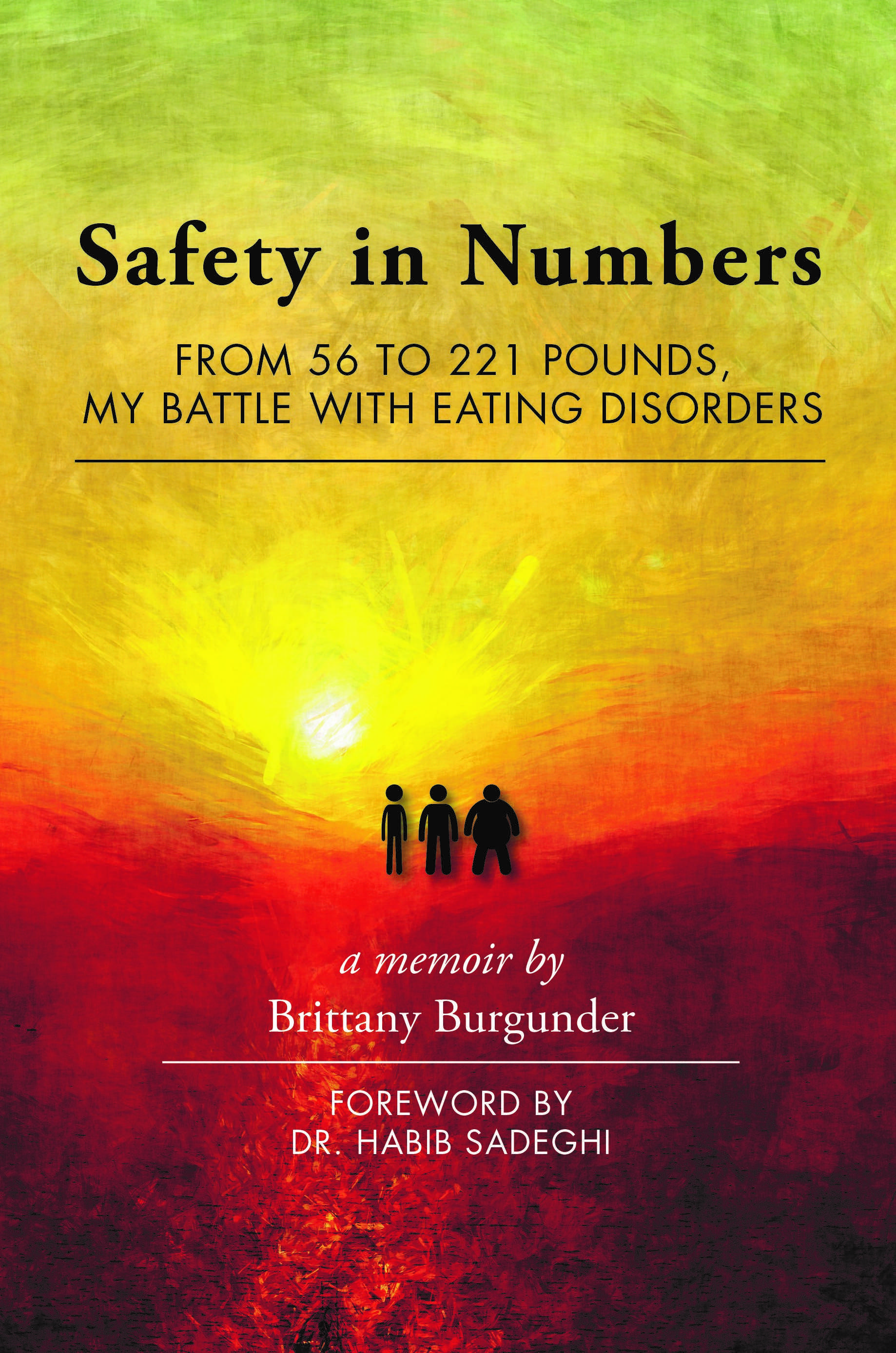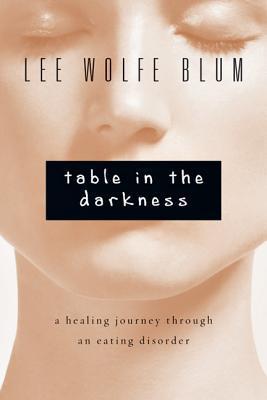
It Was Me All Along
Book Description
Caught in a storm of food obsession and self-discovery, Andie Mitchell's journey unveils the struggle between craving and control. With each pound shed, the thrill of transformation dances alongside the haunting echoes of her past. As she navigates the winding paths of love, heartbreak, and personal truth, the stakes grow higher. Friends turn into rivals, and every meal becomes a battleground between indulgence and restraint. Will Andie find peace in her reflection, or is the weight of her struggles just beginning? Experience her gripping tale of resilience and discover what it truly means to confront the shadows within.
Quick Book Summary
"It Was Me All Along" by Andie Mitchell is an evocative memoir chronicling the author's lifelong struggle with food, self-image, and self-acceptance. Through intimate storytelling, Andie reveals her battle with obesity from childhood, describing how food served as a comfort through family turmoil and personal pain. As she embarks on a weight loss journey in her early twenties, shedding over 130 pounds, Andie learns that transformation transcends the physical. She confronts lingering emotional wounds, grapples with fear and insecurity, and discovers that true healing involves more than changing a number on the scale. The memoir explores themes of addiction, recovery, resilience, and self-love, making Andie’s story an inspiration for anyone seeking peace within themselves. Ultimately, Andie’s journey is about coming to terms with her past and understanding that acceptance is the key to lasting health and happiness.
Summary of Key Ideas
Table of Contents
Food as Comfort and Coping Mechanism
Andie Mitchell’s childhood is marked by chaos at home—a volatile family life punctuated by a strained relationship with her parents and financial insecurity. In this environment, food becomes Andie’s solace, filling the void left by loneliness and instability. She establishes a dependency, turning to eating as a way to manage distress and create fleeting moments of control and happiness. These early experiences set the stage for a complicated relationship with food that persists into adulthood.
The Emotional Journey of Weight Loss
As Andie grows, her issues with body image and self-worth intensify. She is acutely aware of her size compared to her peers and internalizes a sense of shame and isolation. Her struggles are not just physical but deeply emotional. Andie explores how societal expectations about weight and beauty compound her self-doubt, creating mental hurdles that often feel insurmountable. Her journey vividly illustrates how the perception of one’s body can shape nearly every aspect of life, from friendships to romantic relationships.
Confronting Personal Shadows and Trauma
A turning point arrives in Andie’s early twenties, when she decides to take control of her health. She embarks on a weight loss journey, driven by the hope that losing weight will fix her problems. She chronicles the ups and downs—the thrill of success when pounds drop and the emptiness when the novelty fades. Andie realizes that losing weight is only a surface solution and that her deeper emotional wounds remain unhealed. The transformation process becomes less about numbers and more about confronting the roots of her unhappiness.
Learning Self-Acceptance Beyond Numbers
Throughout the memoir, Andie faces recurring themes of addiction and identity. She confesses that even at her thinnest, she grapples with anxiety and the persistent fear of regaining weight. The narrative unearths the truth that recovery, whether from food or emotional pain, is never complete; it is an ongoing effort. Andie shares the setbacks and successes she experiences in maintaining her health, revealing the underlying truth that one’s relationship with their body and with food is complex and ever-evolving.
The Ongoing Nature of Recovery
In the end, Andie’s journey is marked by self-reflection and an earnest pursuit of self-acceptance. She acknowledges that true happiness and freedom do not come from a number on the scale but from the willingness to confront painful truths, forgive oneself, and embrace imperfection. Andie’s story resonates as a testament to resilience, illustrating that the real battle lies not in changing one’s body, but in making peace with one’s mind and heart.
Download This Summary
Get a free PDF of this summary instantly — no email required.





